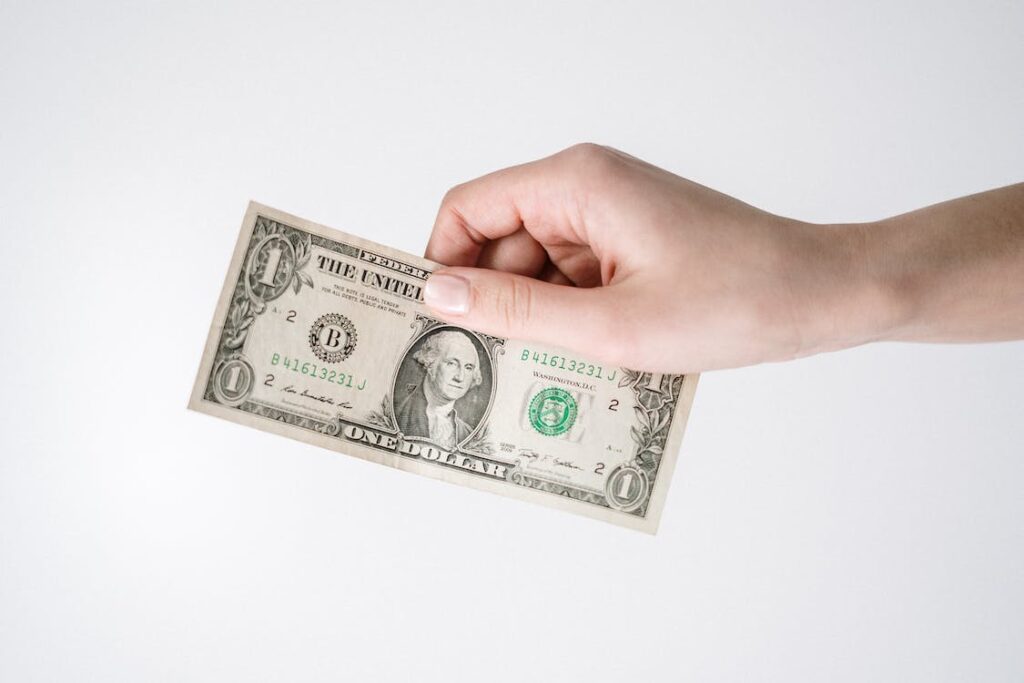South Side Homeownership Boosted: Englewood Organizers Offer Grants and Renovate Vacant Property
The Resident Association of Greater Englewood (R.A.G.E.) in partnership with the Cook County Land Bank is stepping up its mission to invigorate the community and foster home ownership in the South Side. These two organizations have launched pioneering programs that confront the long-lasting impacts of neglect and unjust practices that hindered Black residents of Chicago from owning their own homes.
R.A.G.E, a group known for its commitment to community upliftment in Englewood, unveiled the Re-Up Homes program on Juneteenth. This joint initiative with the Cook County Land Bank will enable the group to renovate a vacant property located at 514 W. 66th Place, creating a home ready for prospective buyers.
At the same time, the Blacklining Homebuyer Grant Fund was introduced by R.A.G.E., with the intention to financially assist 10 Black families in Englewood who are first-time homeowners. Each family will receive a grant of $1,000 to be put towards their down payment, according to Asiaha Butler, the founder of R.A.G.E.
The South Side group was given the vacant house by the Cook County Land Bank at no cost, as part of their Juneteenth campaign. This initiative also involved three other organizations, including the Greater Auburn Gresham Development Corporation and No Matter What Foundation, who were given properties and lots to rejuvenate and transform into vibrant community hubs.
The refurbishment of the 3,000-square-foot single-family home, which Butler described as “beautiful,” will be overseen by Beehyyve, a design collaborative specializing in architecture and engineering. This process is designed to serve as an educative platform, providing local builders, apprentices, and anyone interested in home rehab the chance to learn and collaborate. Once completed, the freshly renovated home will be offered to a buyer who is eager to invest in Englewood.
Butler expressed her desire for the community to be deeply involved in the renovation process. She stated, “This is an opportunity for the community to figure out how to tackle hyper-vacancies intentionally with the homebuyer alongside us, going through this process with us.”
R.A.G.E. has been at the forefront of addressing the problem of vacant homes and lots in Englewood. In 2021, they initiated the Buy the Block program, helping tenants purchase two- and three-flat apartments – a popular choice among Black and Latino buyers on the South Side. In partnership with E.G. Woode, the group purchased and renovated a red-brick two-flat at 6219 S. Bishop Ave in 2018, which found a buyer who continues to maintain the property’s appeal.
The R.A.G.E. Economic Upliftment Program, also known as The Re-Up, is another scheme designed to uplift neighbors. Its main areas of focus are entrepreneurship, gainful employment, community-based real estate development, and home ownership. One of the transformational projects in this program involves turning the vacant Leon’s Bar-B-Q into a thriving dining destination with additional office or retail space, which will also serve as the organization’s headquarters.
The Re-Up Homes program aims to continue R.A.G.E.’s legacy of revitalizing the community, says Butler. It presents a blueprint for how governmental bodies can join forces with community organizations to provide opportunities for Black homeownership, in the wake of years of systemic disinvestment.
Jessica Caffrey, executive director of the Cook County Land Bank Authority, affirmed in a statement that the agency has been actively involved in Englewood since 2013, assisting developers to acquire properties on empty lots or rehab vacant homes. The agency also plans to offer more than 100 refurbished Englewood homes at a 50 percent discount through September 14 and has initiated a program providing up to $20,000 to new homebuyers.
You can find the list of properties offered at a discount here.
The Blacklining Homebuyer Grant Fund was born out of the need to correct the injustices Black residents have faced in their attempts to purchase homes in an unfair market. Discriminatory practices like redlining, which denies services and loans to individuals in neighborhoods deemed to be risky for investment, effectively excluded Black homeowners for several decades.
Butler and the R.A.G.E. team are committed to rectifying these historical wrongs and are witnessing the outcomes of their sustained efforts through the implementation of these new programs and local investments. Their work represents a beacon of hope and a model for the entire nation. As Butler states, “Englewood is a model for the United States.”






